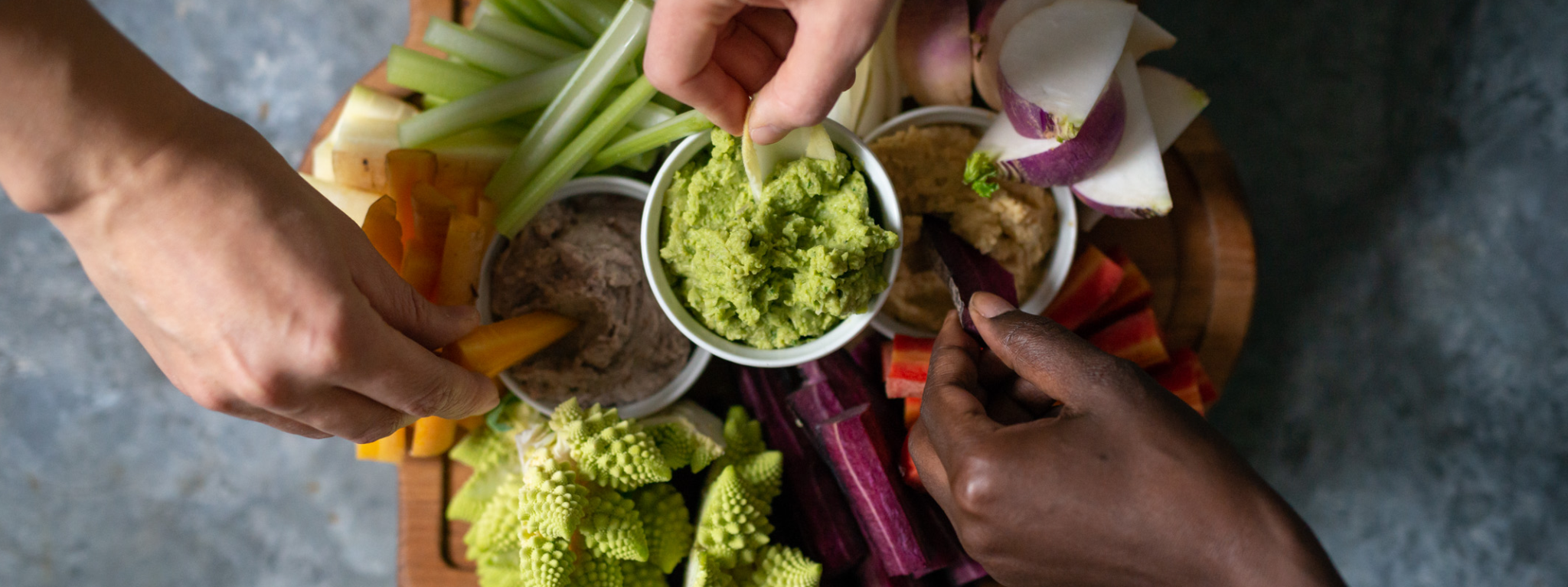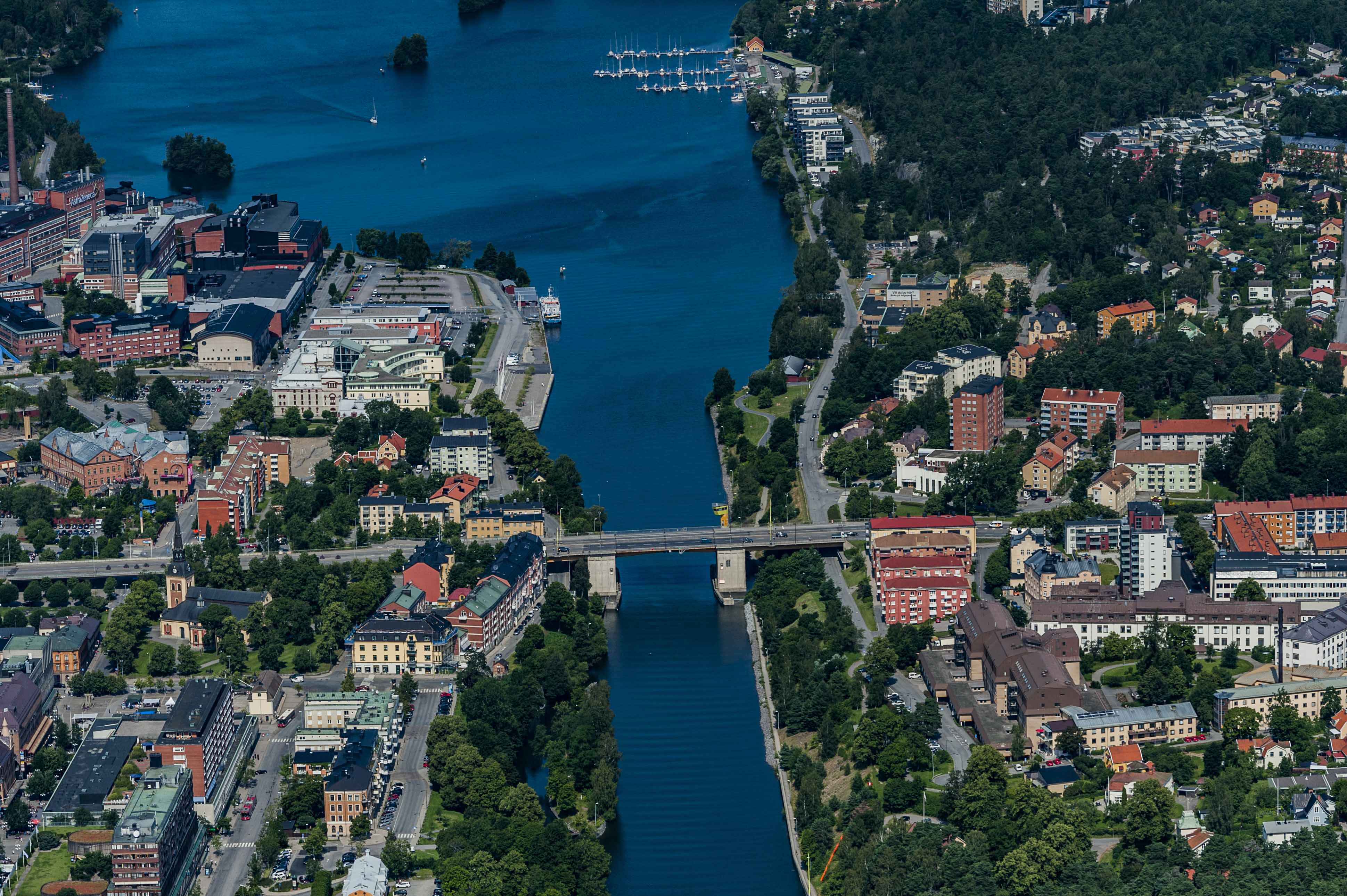
Case description
Context
Södertälje is a place where worlds meet, where infrastructure intersects, and where global enterprises meet small businesses. Situated between the regions of Stockholm and Södermanland (Sörmland), Södertälje is a place where rural and urban systems overlap and intertwine. With a varied landscape of Baltic archipelago, lakes and islands, forests and meadows, a historic city centre and some of the highest-grade agricultural land in the Stockholm region, Södertälje is a place of great potential.
Food connects us all. Södertälje municipality has ca. 100 000 inhabitants, and the public meal services provide approximately 17.000 portions per day. Since 2001, Södertälje municipality has worked towards a sustainable and resilient food system, spearheaded by the prize winning work of the Södertälje Diet Unit. Starting by utilising the municipal public meals program as a tool for sustainable development, Södertälje has built upon this knowledge with learnings from successful projects such as BERAS Implementation, URBACT Diet for a Green Planet, Södertälje Locally Grown, Agri-Urban and Matlust Development node.
These experiences have enabled Södertälje to establish a local, national, and international profile linked to food, sustainability, and innovation. As part of KISMET, the Södertälje Local Innovation Partnership (Södertälje municipality and BERAS International) is actively engaged in multiple aspects of the food system, from policy and procurement to primary production and bioregional planning.
Why
There is a need for a transition to a sustainable future with food and nutrition security within planetary boundaries by:
- supporting health and welfare for people, farm animals, soil, and biodiversity,
- reducing negative climate impact and contributing as a carbon sink,
- increasing resilience and self-sufficiency at local and regional levels,
- achieving circularity in all food production,
- protecting water resources, such as through minimizing nutrient leakage into water bodies.
What
Achieving a sustainable, circular, resilient, and inclusive regional food system in the Stockholm and Sörmland regions requires several key initiatives:
- Raising political awareness, staff motivation, and citizen engagement in sustainable food systems.
- Leveraging planning processes and pioneering the implementation of relevant regulations and policies.
- Increasing sustainable and healthy food consumption in accordance with the Diet for a Green Planet guidelines.
- Enhancing regional food production that is ecologically, socially, and economically viable.
- Fostering innovative sustainable food businesses of all sizes.
Stakeholders
Key Implementers
- Södertälje Municipality
- BERAS International
Associated Organisations
- Ekerö municipality
- Uppsala University
Other Stakeholders
- Regional SMEs (from farm to fork)
- Municipalities, regional authorities, business support organisations from the Stockholm and Sörmland region
- Universities and educational/training centres
- NGOs
Contact
Matlust Development node (SÖD)
Email: [email protected]
www.matlust.eu
Jostein Hertwig (BER)
Email: [email protected]
www.berasinternational.se







